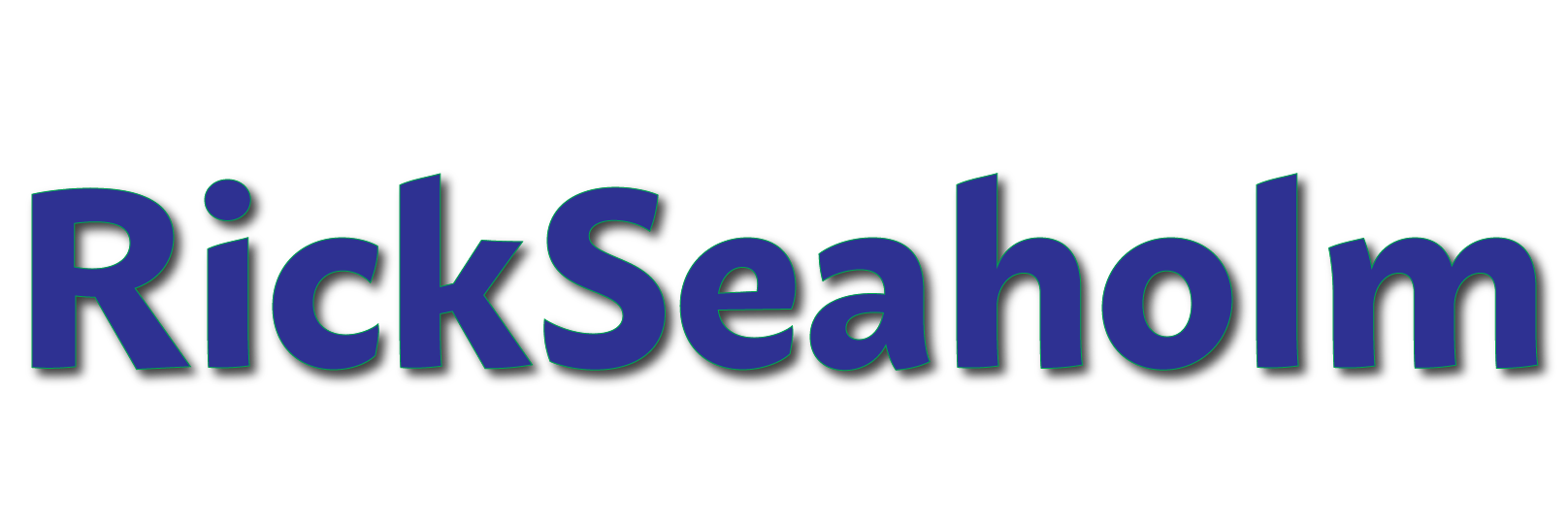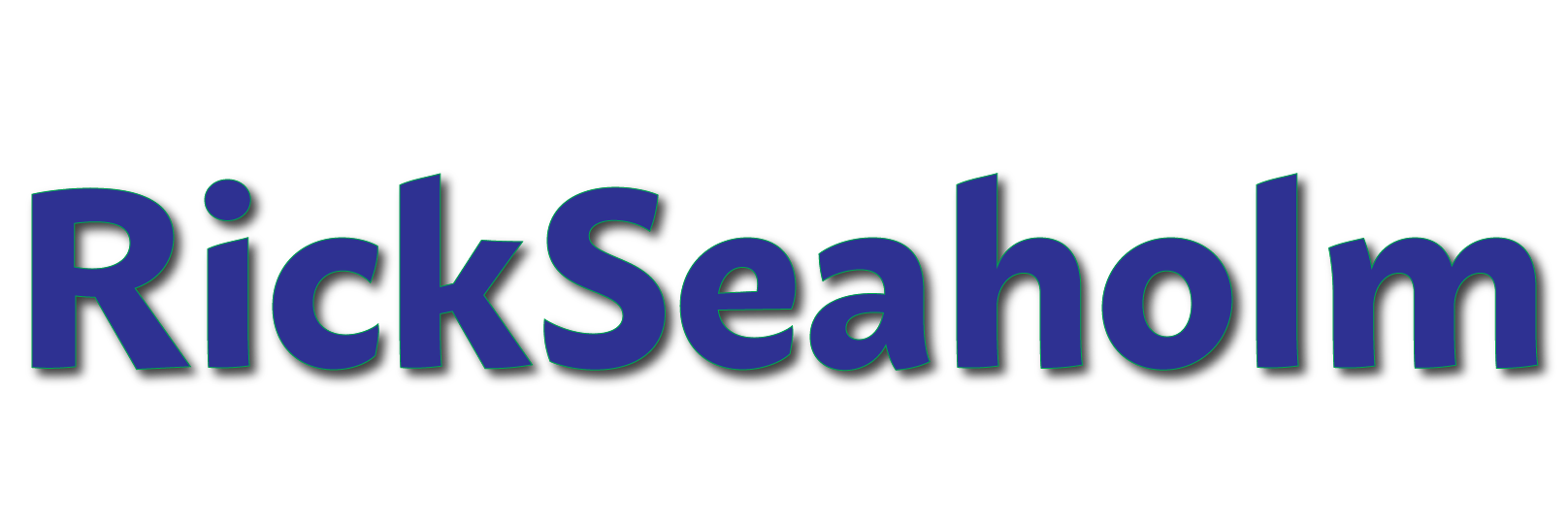This post is the working copy of a sermon I gave at Edwards Church, UCC in Framingham, MA on May 18, 2014. The live version deviates a bit, in that I was not reading from notes.
 “Be still, and know that I am God.”
“Be still, and know that I am God.”
For me, the most powerful verse in the Bible. Is it because I find it to be my slogan, a mantra that helps keep me “chill”? No, I believe it has stuck in my head all these years, because I know that it’s what I need to hear.
One of my biggest challenges in life is an overactive mind. I am unable to stay still for a 22-minute sitcom; I work hard to read a simple paragraph of text without my mind wandering to several other things; I even lose focus during events that I have looked forward to for months. “What’s next?” constantly runs through my head.
“What’s now?” seldom occupies that place of distinction.
So rare that they are, I’m able to recollect specific times in my life when I was able to focus on the present, and enjoy it for its own sake. I’ve long held Christmas as my favorite time of year, and somehow I manage year after year to find a peaceful moment for myself. When we’ve crossed the point of no return and services here are through, my wife and I return home late Christmas Eve to enjoy one of the most meaningful nights of the year. We keep our house dimly lit by a combination of candle and ornamental lighting, and we watch PBS choral concerts, or listen to old vinyl records quietly, peacefully. I could do without presents and parties, it’s that quiet moment that I wait for all year, and it’s so foreign to me that I can scarcely comprehend being able to feel that calm at another time of year.
My life is not without stress. I need only think back a few years to reach a time when I felt I’d reached my limit, and management for the symptoms wasn’t presenting itself on a clear path. I had just gotten a promotion at work. I was tasked with far more work than I was used to, and longer hours. Work conversation persisted throughout the entire day. I needed a notepad with me at all times, and felt like I was forever “on”. I realized at this time that everyone has a different capacity and I had reached mine. But it was a good job in a great environment. My boss was very nice (still is), and I didn’t want to throw in the towel. Sure, there were a few times when I didn’t see another option, but I hoped that there would be better times ahead. I’m glad now that I stuck it out.
Perhaps it was during one of those quiet moments of clarity during Christmas of 2011, when I realized the degree to which I was in control of my own life, and that I had the power to take it back. I proposed a regimen change for myself in 2012. This change would allow me always to look forward to something, and would help maintain my composure both in the car, and during the long work days.
Starting on New Year’s Day, 2012, and every Sunday thereafter, I browsed through 20,000 iTunes tracks, and chose one multi-movement orchestral work with which I had no substantial previous involvement. And my goal for the week was the “achieve” that piece. I wasn’t quite sure what I meant by my assignment. I expected this to be a listening project, with a bit of research dabbled in. I had no idea this would change my life, giving me clarity beyond any expectation.
And that all started the moment I decided I might as well download the full orchestral score of the first work on my list, Brahms’ Second Symphony, in D. I’ve always been an advocate of primary sources, and have counted score reading as an enjoyable pastime since my high school days when, as my mother lovingly recalls, I would take my lawn mowing money down to Borders Books here on route 9, and purchase score upon score, racing home to listen to these newfangled compact discs, reading along for hours on end. Mostly Mozart, with a bit of Beethoven and Bach mixed in. Since high school, though, life had decided that the time dedicated to that passion was no longer worthwhile.
I remember well one evening in that first week of January 2012 when I rode the train from Boston to Franklin where my sister would pick me up after an afternoon spent with my wife. I was on a stuffy train with the usual commuter rail personalities, coming from a job I didn’t even know if I liked, and I was still more than an hour away from the hug I so badly needed. I opened up my iPad, turned up my headphones, and got lost in the Brahms score. I’m not sure if I processed the gravity of that ride until years later as I write this, but that was a pivotal moment in my life.
In mentioning earlier that I have a hard time sitting still, and trying to clear my mind of distraction, it should be fairly clear that I’m not very successful at various forms of traditional meditation including, I must admit, standard Christian prayer. Sitting still and focusing does not work well for me. The gospels tell us in multiple places that Jesus separated himself from a crowd in order to pray by himself. But on fewer occasions do we learn what exactly he said or did once he was alone. We hear the pleading prayer in Gethsemane to “take this cup away from me”, and the origin story of what we call the Lord’s Prayer that was read earlier this morning. But I tend to prefer the non-specific passages such as the day outlined in Matthew 14 in which between feeding the 5000 and walking on water, Jesus “went up on a mountainside by himself to pray”. What was he doing there, what went through his mind? Someone with more Biblical understanding could tell you, in the original language what prayers he was likely to have said at that time of day, but for me, none of that matters and it’s simple enough: Jesus was a man recharging himself.
When I think in those terms, I have come to realize that when I wander off to a more remote part of campus on my lunch break, I am in fact performing a valid meditation, a sort of prayer for myself. In accordance with Jesus’ teachings, it’s private, not in public, others don’t know about it, and it allows me to get back on track for the coming afternoon. And, it helps me to focus. If I sit down and turn on an 11-minute audio track whose score takes up 55-pages on my iPad, I know what I’m committing myself to do. I can’t force that orchestra to speed up, and it would do me not a lick of good to turn pages prematurely. I activate an intention to hear this interior part, or challenge myself to hear those two instruments move in contrary motion or to hear all three notes in a chord at one time. It doesn’t come easy, but I almost sense a fuzzy glow around me when this locks in, and suddenly I’m finally listening to everything this composer has laid out for me.
In those moments, I commit to being still, and I feel the presence of God through each composer I study. How, I like to think, could one question the existence of a higher power when confronted with a score of Gustav Mahler, for instance, multiple hundreds of pages, written by hand, without the ability to play it back on his computer. Literally dozens of independent instruments working together while entirely separately, clashing violently at times, but all reaching the same conclusion at the same time.
I’m three years into that regimen change, and have upheld a long-known belief; that music holds me together. The first year I studied nearly 50 symphonies (allowing a few vacation and catch-up weeks). The second year I tackled nearly 50 concerti, and this year, I’m diving deeply into program music like Scheherezade, The Planets, and the Enigma Variations. In so many cases, I’ve thought that I know a piece, only to realize I knew but a few themes of a piece jam-packed with 20, 30 glorious minutes of music. And a few stinkers.
And so, today I challenge you to find a peaceful discipline that will allow you to “be still and know God”. Score study is my path to understanding that God is still at work, and works through all of us (even through those composers who don’t even believe the words they are setting to music). But chances are, score study isn’t the vehicle that you need. I’ve heard various ones of you speak about time with nature, crochet, writing, photography, or quiet meditation. If you haven’t found it yet, start now. Take a guess at something that might get you “there” and see if it works. If not, at least you got to spend some time on something that you enjoy for its own sake. And the best-case scenario is a life changed.



